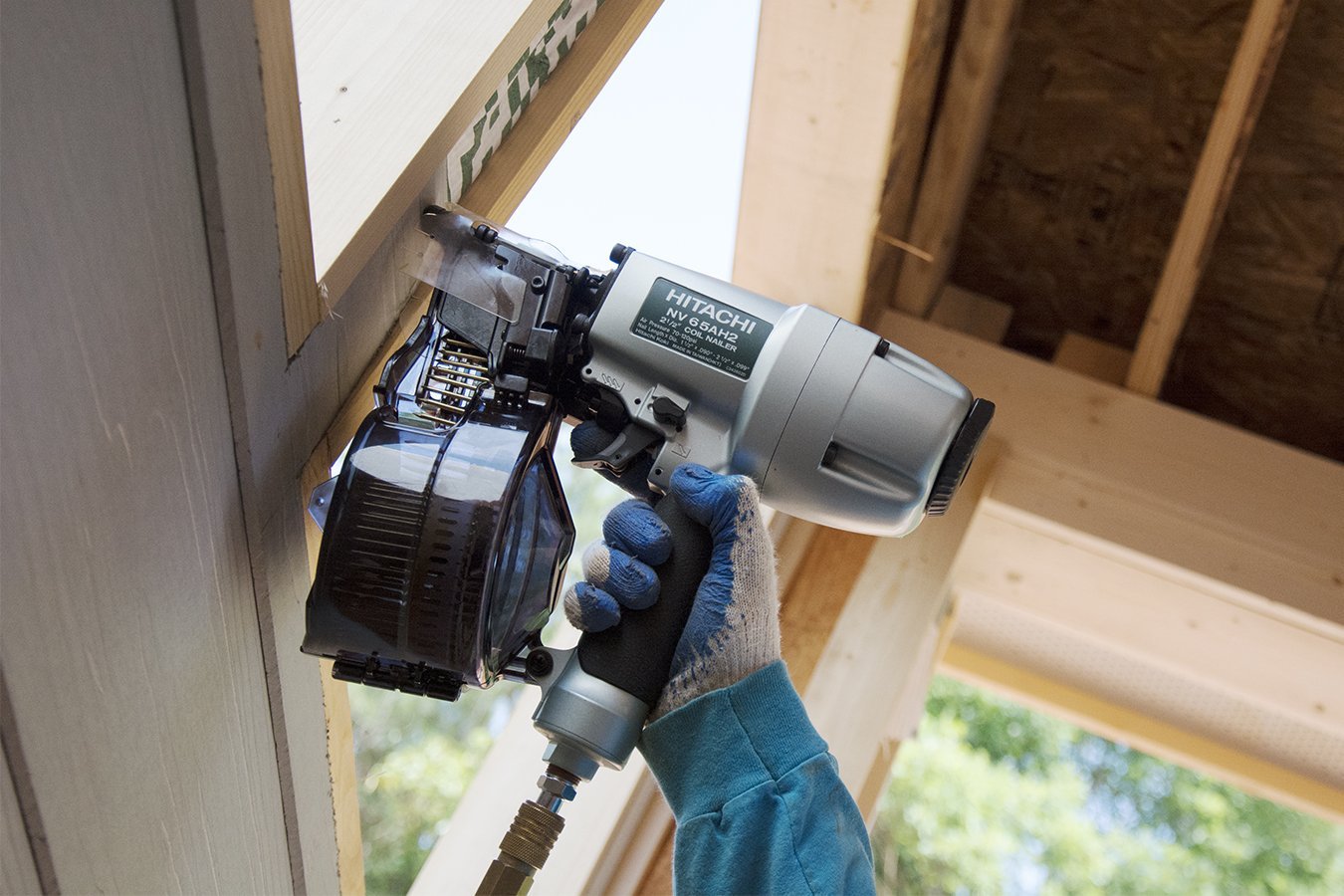Nailers are power tools that utilizes air, electricity and even gunpowder to drive nails through surfaces. Various kinds of nailers exist, however every one of them play out a similar essential function, which is connecting a material to a surface by driving a nail through them two. Makers as a rule design nailers for certain reasons. For example, various types of nailers incorporate roof nailers, side nailers, framing nailers, finishing nailers and light-duty nailers. Inside every one of these classes, different kinds of nailers exist.
Roofing nails are intended to be all the more effortlessly removed with their smooth shanks and wider heads that hold shingles flush. Likewise, they for the most part don’t have a profundity of drive change. Porter Cable used to make one that had it and carpenters used it to set windows, yet it was suspended a while back. Additionally, roofing curl nailers are by and large intended to shoot short nails, by and large no longer than 1-3/4″ long.
Siding nails are more similar to smaller than usual confining nails. They have to hold tight in wood so they’re generally ring shank, however their heads aren’t made to hold siding or other material flush since heating makes vinyl extend enough that the siding would somehow or another clasp. They additionally come in longer sizes than roofing nails since some siding applications require longer clasp so they’re planned more like a curl surrounding nailer.

Roofing nailers exist for nailing down roofing materials and siding nailers exist for nailing down siding material. However, there is more to the differences between these two tools. More specifically, roofing nailers work with roof shingles made from either asphalt or fiberglass. Various types of siding nailers exist, all suited for use with different siding materials. Most siding nailers exist for use with wood, though some work with other types of siding material, such as vinyl.
The sort of nail utilized separates siding nailers from roofing nailers. Roofing nailers utilize particular roofing nails intended for use with shingles. These nails change in sizes of length on the thickness of shingles utilized, yet all display a similar essential design.
Different kinds of siding nails exist, for example, galvanized siding nails and aluminum nails for vinyl siding. Siding nails come in several designs unlike roofing nails. Organizations like Bostitch stack nailers with suitable nails when you buy them for a particular application. Or then again, you can buy nails for your necessities at a handyman shop.
Nailers load in one of two ways, with loop cartridges or straight cartridges. Curl cartridges pack nails in a winding and shoot them out like a firearm does. Straight cartridges stack in a straight, limit cut situated on the front of a nailer. Roofing nailers are quite often coil nailers, while siding nailers can be either depending on the maker.
You can utilize roofing nailers for any roofing venture including shingles. Do some research before utilizing a siding nailer when putting in new siding. For example, nailers exist for use with vinyl siding, however an article in “Fine Homebuilding” magazine suggests against the utilization of siding nailers with vinyl. Both the types of nailers are often used but


